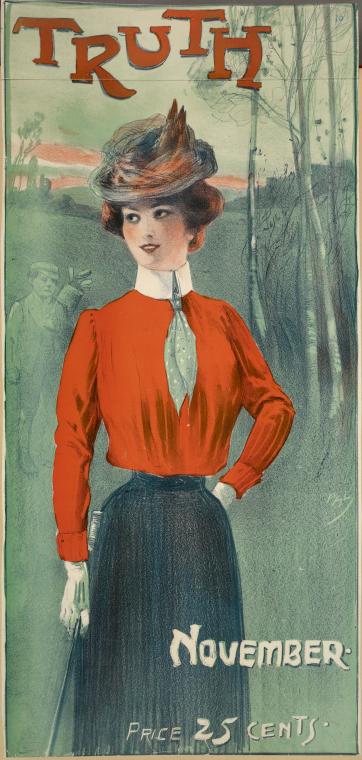Thoughts on the Evolution of Our Understanding of History
Our interpretation of history evolves. How? If the dates are the same, the places are the same, the persons are the same, the outcome is the same, then how does it evolve?
Our interpretation of events is always changing, sometimes gradually other times new found evidence can shake society. Added political, social, generational and national opinions further bias how we interpret history. All of these factors influence how we look at ourselves in the present and in our future, leading historian Peter Novick to describe history as trying to nail jelly to a wall—unsatisfying and messy. The discipline has evolved to try and meet these challenges and the collective methods, contributions, and influencers is called historiography. Think of it this way: historiography is the history of history much like metadata is the data about data. Both are developed to help us manage and understand what is in front us. Below are some brief examples of the tools of history.
One of the oldest and most influential forms of history is the narrative. A good writer has the ability to weave history with fictional storytelling to bring painful events or collectively forgotten events by previous generations to the present. Colson Whitehead's two most recent historical fiction books The Underground Railroad and Nickel Boys are both narratives based on real events—slavery in the South and the degradations of the Jim Crow laws in Florida. Oliver Stone's movie JFK is a fictional account based on the true story of the one and only trial of someone charged with the assassination of President Kennedy. The conspiracies and leads went to the Pentagon, organized crime, Cubans, right wings extremists—really all over the place. However, the storytelling was so well done that it created a national debate about what happened and this lead then President Clinton to open more of the records in the National Archive and Records Administration, for research.
What are some of the historical metadata that keeps history evolving? While the constants remain, previous histories relied on accounts of those with Eurocentric perspectives. Newer disciplines such as psychology, the social sciences, and economics have added more inclusive perspectives on events including social and ethnic histories whcih add more depth to our understanding of history. The 1970s saw the start of new branches of history including the addition of womens', African, and Jewish studies programs to U.S universities. One example of these studies' contribution to history is Alex Haley's genealogical research of his family detailed in his book Roots. The book has become a classic because it incorporates the perspective of the people who were enslaved to more intimately illustrate slavery's crushing brutality. The book influenced more people to produce their own geneaology-driven narratives and add their own stories into history.
With new methods incorporated into history to remove biases, writers are met with new fact and discoveries that disrupt universal accepted versions of history. I thought of this while reading Confederates in the Attic by Tony Horwitz. He is a self proclaimed "Civil War bore" who travels throughout the Southern United States to see the sites of the American Civil War. He went to Shiloh, a major battle site in Tennessee and one of his favorite places. He walked the field, met other Civil War enthusiasts and also met park ranger and anthropologist Paul Hawke who shakes his thinking of this place. In his book, Hawke explains that previous interpretations did not include a major artifact: the ground. During his work, Hawke found that first hand accounts and reports did not match the written histories. Why not? After the battle of Shiloh, General Ulysses Grant ordered that the dead be buried on the line—meaning where they fell. As an anthropologist, Hawke went and looked for the burial ground and found that they did not align with generally accepted history. The question is why? Previous histories were influenced by the accounts of Civil War veterans who gathered at the site. The loudest, most influential, and most repetitive veterans—and the ones with the most to gain—spoke with writers and journalists and their accounts were taken as the true accounts of the event, and passed on to future generations in newspaper accounts and diaries. As Horwitz trampled on the ground, he discovered that others before him had trampled on history.
With history evolving, through new methods, narratives, and influences, what sense do we make of the attempts to tell the truth to others as it is seen through a prism of thoughts and biases? Historians have "nailied jelly to the wall" with varying degrees of success by using the tools that have been created over thousands of years and it is up to the reader, the explorer of the past, to bring to the present what has made us what we are today.
Read E-Books with SimplyE
 With your library card, it's easier than ever to choose from more than 300,000 e-books on SimplyE, The New York Public Library's free e-reader app. Gain access to digital resources for all ages, including e-books, audiobooks, databases, and more.
With your library card, it's easier than ever to choose from more than 300,000 e-books on SimplyE, The New York Public Library's free e-reader app. Gain access to digital resources for all ages, including e-books, audiobooks, databases, and more.
If you don’t have an NYPL library card, New York State residents can apply for a digital card online or through SimplyE (available on the App Store or Google Play).
Need more help? Read our guide to using SimplyE.
